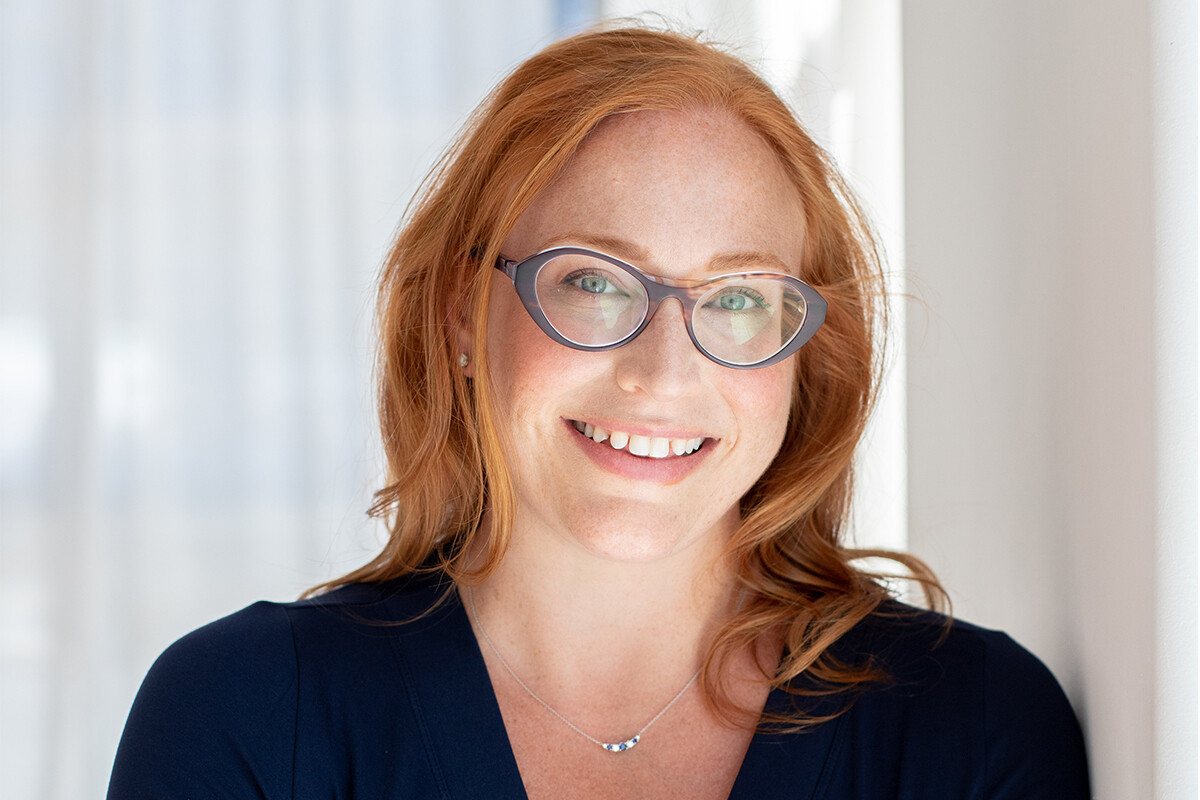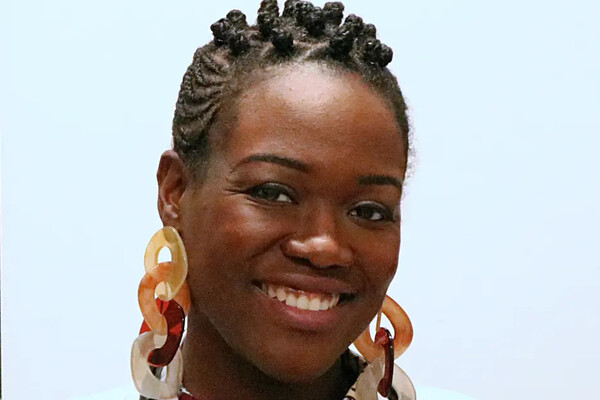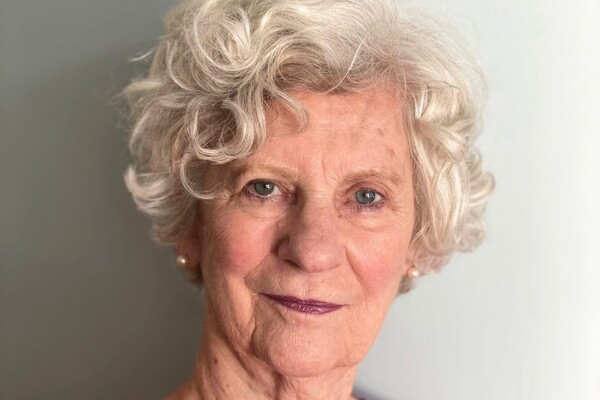Mobile Menu
- Education
- Research
-
Students
- High School Outreach
- Undergraduate & Beyond: Community of Support
- Current Students
- Faculty & Staff
- Alumni
- News & Events
- Giving
- About

For Professor Meredith Giuliani (PGME ’12), the new year will also mark the start of a new role.
On January 1, she will begin her appointment as the Associate Dean, Postgraduate Medical Education (PGME). Giuliani is a professor of radiation oncology at the Temerty Faculty of Medicine and a radiation oncologist at Princess Margaret Cancer Centre at University Health Network, where she is also director of education. She recently spoke with writer Erin Howe about her next chapter.
What drew you to the role of Associate Dean, Postgraduate Medical Education?
I've had the chance to work with PGME in a variety of ways during my time at Temerty Medicine.
I was the Associate Program Director in the Department of Radiation Oncology for several years. And when I was the program’s undergraduate director, I also got to work with Professor Patricia Houston, Acting Dean and Vice Dean, Medical Education, when she led the MD Program. So, I could see that this was an opportunity to work with a fantastic team.
It's also a very exciting time to work in medical education. There are new initiatives underway like the Royal College of Physicians and Surgeon of Canada’s competency-based education for medical trainees and new opportunities for medical information technology including virtual care and artificial intelligence, which can increase access for patients and open the door to innovations in education.
You will begin your new role on January 1. What are you most looking forward to?
It’s exciting to envision where we can go from here. We're going to have a strategic planning process and it will be great to meet all our different stakeholders through that project.
I've been meeting with people over the last two months from across the MedEd continuum and it's inspiring because there's so much possibility. I think we can plan to do innovative and impactful things over the next five or more years.
You're also involved in medical education research. What can you tell me about this part of your work?
I finished my PhD in 2020 and was the first person in my group to defend a thesis over Zoom right at the start of the pandemic’s first wave. My PhD focused on globalization and its impacts on training cancer health professionals and what that means in a globalized world.
It was a great opportunity to immerse myself in the literature and work being done across different professions and to look at the historical, political and geographical factors that underpin why we train health professionals the way they do. It was also a great way to see how we can do things differently going forward.
It was a wonderful experience and I maintain an active research program in cancer education research.
How might your medical education scholarship experience inspire you in your new role?
I believe my experience will help me open medical education scholarship pathways to more people and expand opportunities for learners in this area. We have strong collaboration with the Wilson Centre, and many talented faculty and trainees who are dedicated to education scholarship. I’d love to expand support for opportunities for training in education science and for the body of education scholarship coming out of Toronto to grow.
What is it like to be on the verge of beginning this new role as the pandemic continues?
Hospital teams have been working to a degree people couldn't have imagined before COVID-19. Our learners, residents and fellows, have been instrumental to the pandemic response. Professor Glen Bandiera, my predecessor in this role, did a fantastic job supporting the postgraduate teams during the pandemic and has been helpful to me during this transition. It is a comfort to know he's not too far away in his new position at the Royal College.
The pandemic has shone a light on areas of inequity in healthcare that need to be addressed. It has also seen new collaboration across various aspects of healthcare and education. This continued collaborative approach will be instrument to making improvements and positive changes as we go forward.

